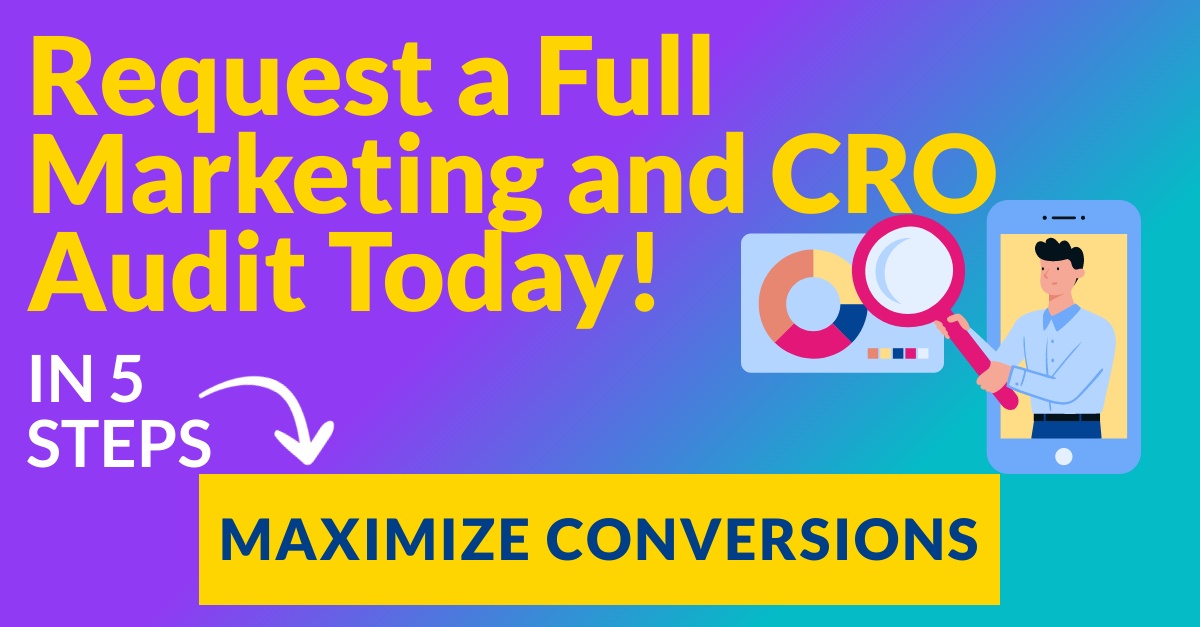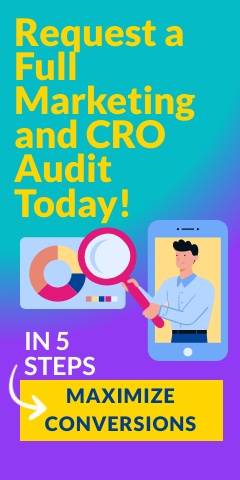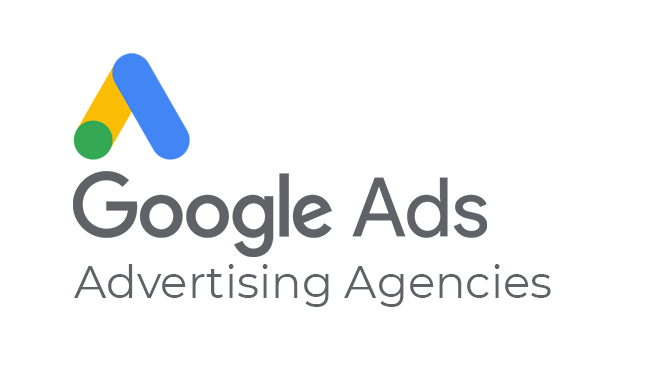Let me give you the answer up front… Both!
Now read on if you wish to know more.
Firstly, to make sure everyone knows the physical difference see the illustration provided here:

Organic Listings = Green Shaded Area
PPC = Blue Shaded Areas
PPC
PPC aka Sponsored Search is the fastest way to achieve online visibility for relevant keywords. PPC is actually paid advertising specific to keywords. Google’s PPC model is called “Adwords.” Competing advertiser’s use Google’s bidding model to bid for specific keywords. Winning bidders (advertisers) will have their ad (adtext and title) displayed when searchers use the search engine for that keyword. The number of times the ad is displayed is controlled by a number of factors including ad budget of the advertiser, the times of the day the advertiser wishes for the ad to run and the “quality score” of the ad as measured by Google. Don’t worry about Quality Score for now as you don’t need a high score to start. It becomes more important over time and can positively or negatively affect where you are listed within the Sponsored Search area.
Most importantly, with a successful bidding strategy for all of your relevant keywords and properly written ad title and text, you can achieve immediate visibility for your products and services. This is the overriding and major advantage of PPC advertising. You don’t have to do anything to your website.
Other Key Advantages of PPC:
1. Instant Management – it can be controlled instantly. You can turn off ads and turn them on a whim if you wish. You can change your budget, time of day the ads will appear.
2. Easy to monitor and track results – every impression (display), every click is registered.
3. You pay only for the clicks. Not for the impressions.
4. You can calculate your cost per lead, cost per sale or cost per “anything you deem as a successful result of a website visit” … CONVERSION.
Drawbacks of PPC:
1. Can be very expensive, especially over time.
2. Searchers prefer Organic Results by more than 2:1 over Sponsored Results. This means search results generate clicks in the organic area twice as many times as in Sponsored Search … i.e. less than 1 in 3 click in the Sponsored area.
3. Cost is variable as successful bidders pay different amounts per click to gain the highest listing in the search area.
4. You can get outbid and lose visibility. So, the model forecasts increasing advertising costs as a certainty.
5. Risk of click fraud, although Google is doing their best to be very vigilant about this. However it remains a real and potent risk.
Organic Search Engine Optimization (SEO)
Organic SEO is the “John Houseman” of Internet Marketing. The results you see in the green-shaded area are “earrrrrrned.” In other words, these listings are not advertisements. They are simply listings that have been indexed and RANKED FOR RELEVANCE based on the complex algorithms and technology of the search engines. This is how Google has achieved its dominance; by creating a system whereby searchers can easily and efficiently find what they are looking for and be on their way.
So these results have to be earned. By definition, there is no guarantee of success (being listed in the first 3 pages of a search). However, if successful, you can achieve the following key benefits:
1. Twice the likelihood of being clicked vs. PPC.
2. No charge at all no matter how many times the listing is clicked.
3. The listing will stay there 24 hours a day for as long as the Google spiders rank the site as being more relevant than those behind you in the rankings.
4. Better long term strategy for high rankings as costs are much lower and click-through rates are much higher.
The Negatives
1. Not immediate, not guaranteed and not easy to attain. Try any search and look at the blue horizontal stripe two thirds up the page. You will see the number of competing web pages for that specific term. You will see thousands to 10’s of millions of competing web pages for that keyword phrase.
2. Requires expertise developed in-house or hired through a professional Internet Marketing Company with specific and demonstrated skill and success producing high search engine results.
3. High Professional Commitment is required to generate textual content to develop backlinks (direct inbound links pointing directly into corresponding content within the website itself).
4. It’s Expensive! This is not a trivial or easy process or set of skills. Getting to page 1 (first 10 listings) out of 100’s of thousands of competing pages or more should make that clear.
5. It takes time … the process does not generate results in days or weeks. It can take as much as 6-12 months to generate real results visible for all to see.
I purposely included more negatives than positives. It’s important that you understand the level of commitment and the reality of the tasks involved.
However, the benefits are enormous. You are easily found by a “motivated buyer” … after all, the searcher decided what to search for and when to do it … where can you find a more motivated prospect in any other medium? All actions are initiated by the buyer and your are the receiver of the interaction. Very powerful, indeed.
So, I told you to use BOTH … why?
Both have advantages. Our clients will typically, upon our advice, use PPC as a short to mid-term strategy while ongoing organic SEO is “in the oven.” As SEO results become visible and tangible, PPC budgets are trimmed and eliminated depending on the client’s situation. PPC is generally continued at a lower level over the long term to promote a brand or trademark, protect a brand or trademark, gain more visibility to be seen by 100% of the searchers regardless of preference.
So PPC is the Sprint … Organic SEO is the Marathon. However, they both can work together in a well-coordinated online strategy.




